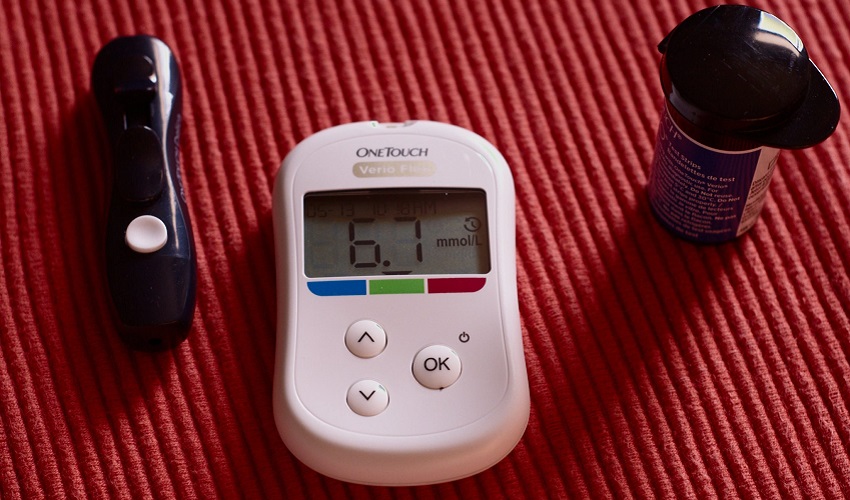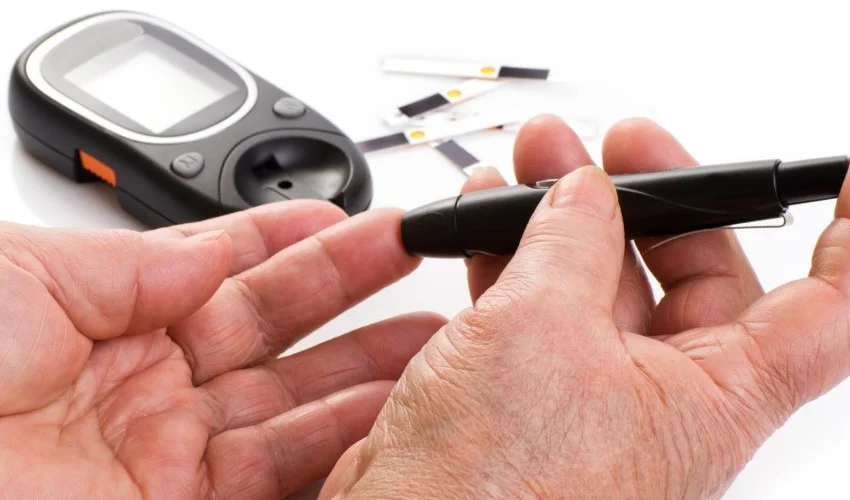It’s real. It’s common. And most importantly, it’s reversible. You can prevent or delay prediabetes from turning into type 2 diabetes with simple, proven lifestyle changes.
Amazing but true: about 96 million American adults—1 in 3—have prediabetes. What’s more, more than 8 in 10 of people with prediabetes don’t know they have it. Could this be you? Read on to find out the facts and what you can do to stay healthy.
Don’t let the “pre” fool you. Prediabetes is a serious health condition. People with prediabetes have higher blood sugar than normal, but not high enough yet for a diabetes diagnosis. Prediabetes puts you at increased risk of developing type 2 diabetes, heart disease, and stroke.




